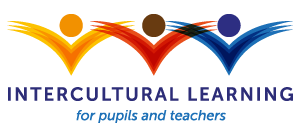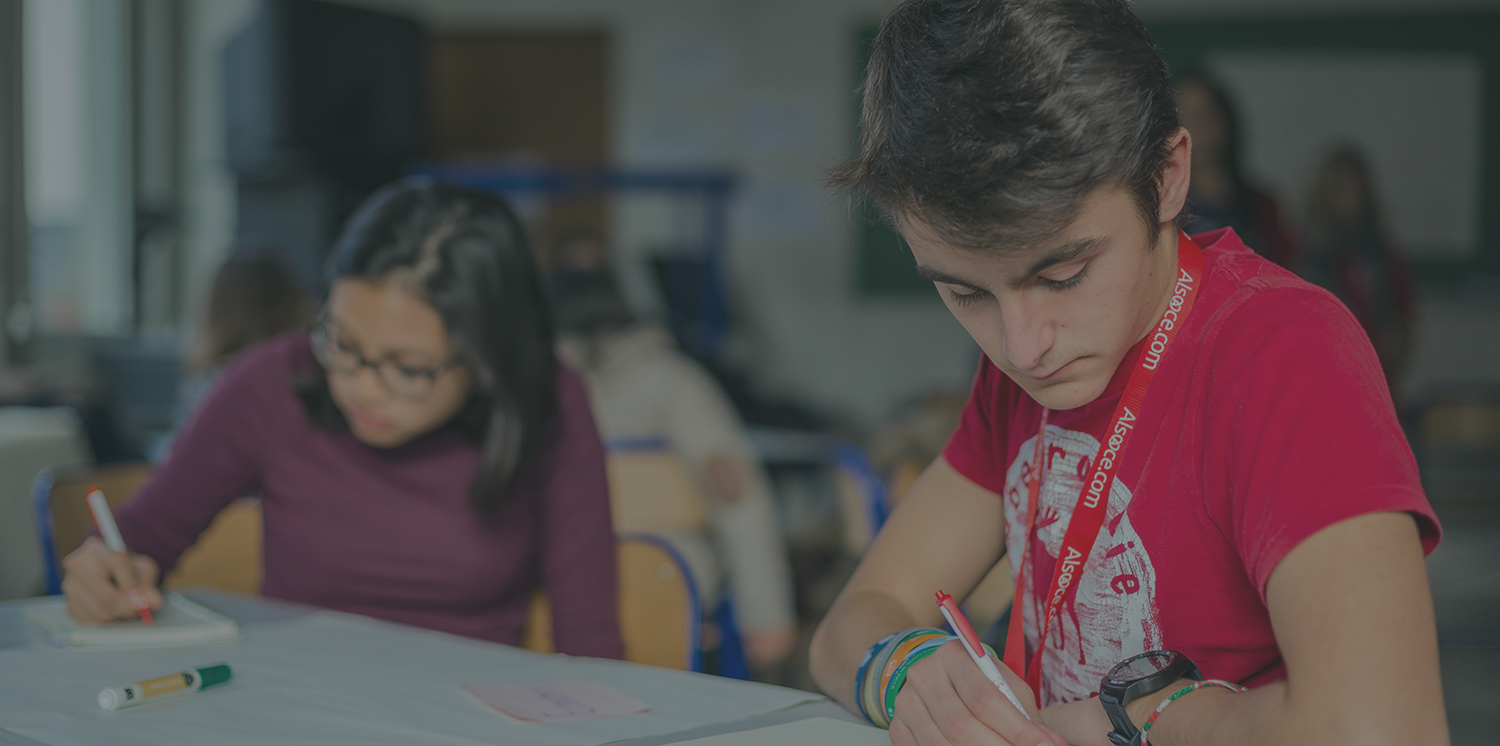This website has been built thanks to the contribution of two Erasmus+ funded projects: Intercultural Learning for Pupils and Teachers (2016-2018) and Expanding Learning Mobility (2020-2022) coordinated by the European Federation for Intercultural Learning (EFIL).
Expanding Learning Mobility through inclusion and cooperation 2020-2022
The project involved AFS Intercultural Programs organisations and school partners from France, Latvia, Spain and Belgium. Its key focus was to explore a cooperation framework between schools and civil society organisations within Erasmus+, geared in particular towards including underprivileged pupils in individual long-term mobility.
The objectives of “Expanding Learning Mobility through inclusion and cooperation” were to:
- Develop a quality educational framework for individual blended pupil mobility with underprivileged audiences
- Empower teachers to effectively promote, support, recognise and leverage pupil mobility in general, with less advantaged audiences in particular
- Engage schools and civil society organisations in recurring Erasmus+ projects, as a part of their overall European and international strategies
- Build and promote a sustainable model for partnerships between schools and organisations specialised in pupil mobility
In order to achieve all the objectives, throughout the project the partners worked together on:
- The development of a Guidebook to individual pupil mobility with underprivileged audiences, through cooperation between schools and civil society organisations, as an Intellectual Output of the project. The Guidebook includes sections dedicated to: the educational framework for individual pupil mobility, recommendations on recognition of learning outcomes, practical and risk management aspects, inclusion of pupils with fewer opportunities, whole school approach to internationalisation and the cooperation model between schools and civil society organisations.
- Small scale individual blended mobility of pupils for a period of 2 months (winter 2022), which served as a pilot for the Guidebook content and for the cooperation model developed in the project partnership. The pupils – in total 12, with 3 sent and hosted in each project country – were selected among those with diverse underprivileged backgrounds.
- Two international staff training events, each involving approximately 25 participants: teachers of the schools and educators of the civil society organisations of the project.
- Five multiplier events to disseminate project outcomes to different stakeholders.
All the activities were embedded in the cooperation between schools and civil society organisations, using the respective expertise and outreach of the project partners.
Th objective of the project was to contribute to building a sustainable future for individual pupil mobility. This includes increased interest of schools and civil society organisations in cooperation, in pupil mobility and in development of internationalisation strategies. The central result is a quality framework for inclusive individual pupil mobility, with effective educational approaches, outreach to wider school communities and clear task division for the different actors involved. Finally, the results include commitment and readiness of the schools and civil society organisations, as well as their staff involved, to carry out concrete mobility projects with less privileged audiences within the Erasmus+ framework.
Have a look at the events organised in the frame of the project here!
Do you want to know more about the impact that the project had for the students that took part in a mobility period abroad through the pilot implemented? Watch the videos below with the testimonies of three of the students and their parents.
AFS Intercultural Programs partners
- AFS Vivre sans Frontière – AFS France
- AFS Latvija – AFS Latvia
- AFS Intercultura España – AFS Spain
- AFS Programmes Interculturels – AFS French speaking Belgium
School partners
- Lycée Fulbert in France
- Rīgas 49. Vidusskola in Latvia
- IES Pradolongo in Spain
- Athénée Royal du Sippelberg in Belgium
The Intercultural Learning for Pupils and Teachers Project 2016-2018

The aims of the Intercultural Learning Project was to provide teachers and youthworkers with new methods and tools to promote intercultural dialogue in order to prepare pupils for living in diverse societies and working in a global labour market, this ranges from dealing with diversified groups of learners coming from different cultures to valorize mobility experiences.
A particular focus needs to be put on the upper secondary students and on their teachers and youth workers, because at this age values and ideas on society are formed and the first mobility experiences take place. Project partners addressed the lack of training on Intercultural Learning for teachers who therefore struggle to include this content in their lessons and cross-curricular approaches at school and have no tools to assess it.
Here you can download the project’s brochure.
Project partners
The Intercultural learning for Pupils and Teachers project has been established by The European Federation for Intercultural Learning (EFIL), the European School Heads Association (ESHA), AFS Vivre Sans Frontiere (France), AFS Programmes Interculturels (Belgium-Wallonia), InterCultur (Germany), Fondazione Intercultura (Italy), the Franco-German Youth Office (FGYO) Ecole internationale Le Verseau – ELCE (Belgium-Wallonia) and Lycée Gabriel Faure, Tournon-sur-Rhône (France) .

Associate partners
The project was supported by the Hellenic Association for Intercultural Education (HAIE), the European Association of History Educators (EUROCLIO), AFS Intercultural Programs, AFS Mezikulturni Programy, o.p.s. (Czech republic), AFS Turk Kultur Vakfi (Turkey), AFS Interculterele Programma’s vzw (Belgium Flanders), AFS Polska Programy Międzykulturowe (Poland).
In particular, Hellenic Association for Intercultural Education (HAIE) contributed without financial support to the further development and promotion of the Toolbox, by providing the Greek translation. Acknowledgments to Mrs Kefallinou Olga, Language Teacher, MEd in Education, who translated the Toolbox in Greek language.




